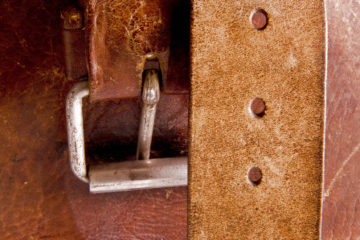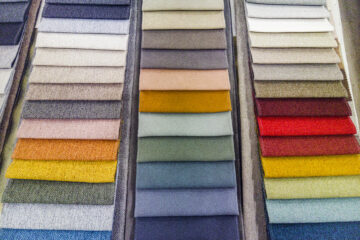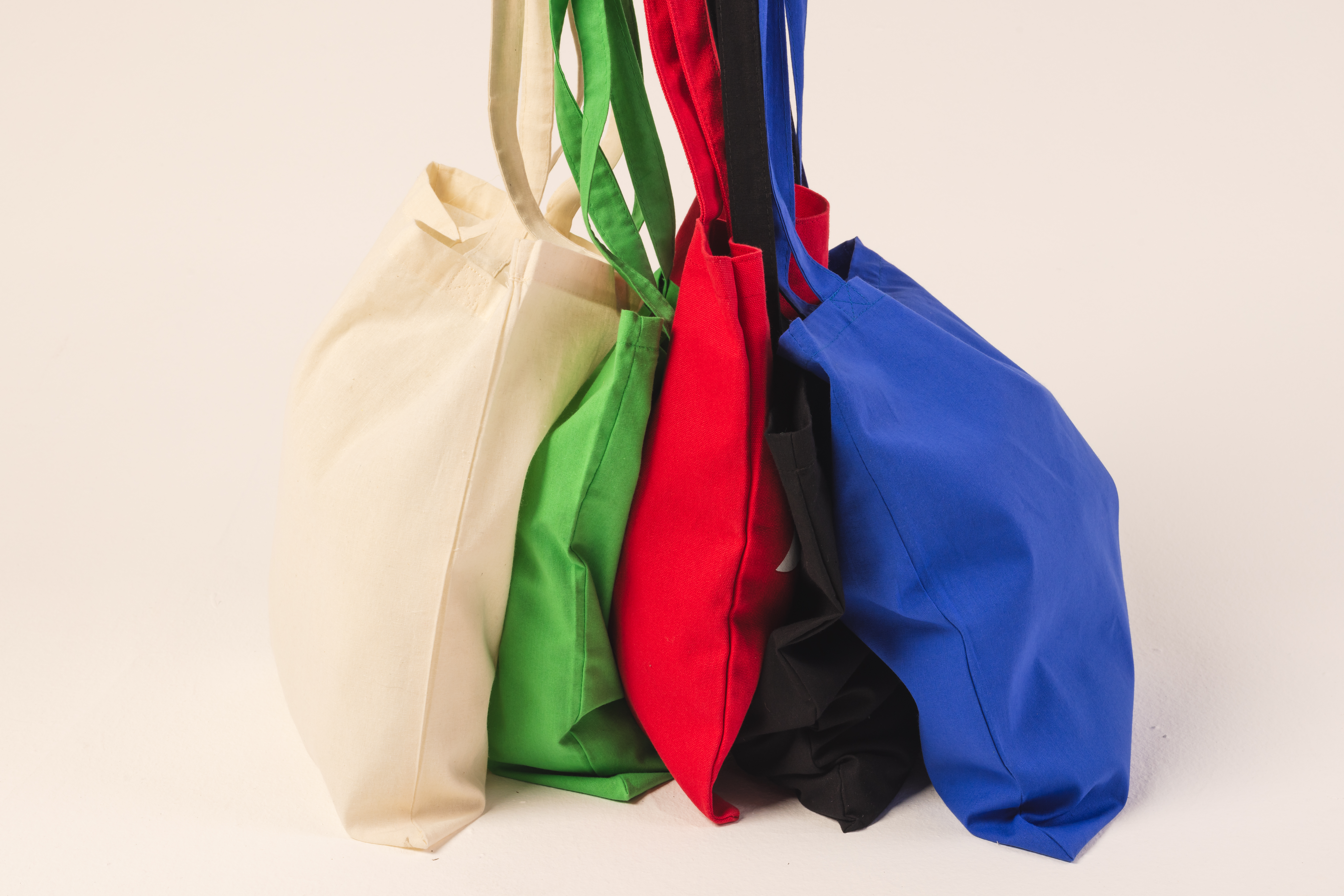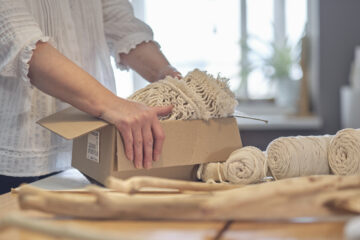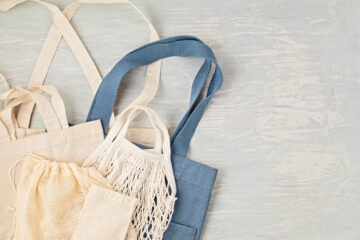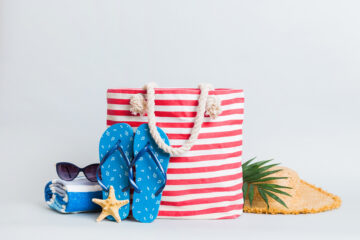Sustainable Leather Sourcing: The Future of the Small Leather Goods Industry
As companies strive to be more conscious about their environmental impact, there has been a rise in sustainable leather sourcing. With growing concerns around the sustainability of animal husbandry, businesses have begun sourcing or creating materials that offer a viable, stylish, and cost-effective alternative.
Whether you’re looking for an upgrade to your current product line or exploring new options in your market, understanding these environmentally friendly leather offerings’ potential benefits, drawbacks, and applications can help business owners make smarter decisions with lasting impacts.
The Rise of Sustainable Leather Sourcing
Leather goods, in particular, are facing a shift in consumer demand as more people become aware of the environmental and ethical concerns surrounding traditional leather production.
To meet the growing demand for environmentally friendly and socially responsible leather products, companies turn to alternative materials and production methods. One popular alternative is “vegan leather,” made from synthetic materials such as polyurethane or PVC. These materials mimic the look and feel of traditional leather without environmental and ethical concerns.
Another option is “eco-leather,” made from sustainable materials such as cork, pineapple leaves, and mushrooms. These materials are renewable and biodegradable, making them a more sustainable option than traditional leather.
Some companies focus on producing leather in a more sustainable and ethical manner. These companies use vegetable-tanned leather made using natural tannins from trees and plants rather than harmful chemicals. They also implement strict standards for the treatment of animals in their supply chain.
As consumers become more conscious of their impact on the environment and society, the demand for environmentally friendly and socially responsible leather products will grow. Companies that adapt to this change by offering sustainable and ethical options will be better positioned to meet the needs of their customers.
What challenges do small leather goods companies face in meeting this demand?
As demand for environmentally friendly products increases, small leather goods companies face the challenge of providing high-quality items that meet ethical standards.
One major challenge is the cost of transitioning to sustainable and ethical production methods. Alternative materials such as vegan and eco-leather can be more expensive than traditional leather, making it difficult for small companies to compete with larger companies with more resources to invest in sustainable practices. Additionally, implementing stricter standards for treating animals in the supply chain may require additional costs and resources.
Another challenge is more consumer awareness and education about sustainable and ethical leather production. Small companies may have a harder time reaching and educating consumers about their sustainable practices than larger companies with more resources for marketing and advertising.
What opportunities do companies have that can meet the demand for sustainable products?
One opportunity is the ability to differentiate themselves from larger companies by offering
unique and innovative sustainable products. Small companies can use their agility and flexibility to experiment with new materials and production methods that larger companies may need more resources or willingness to explore.
Another opportunity is the potential for increased consumer loyalty and trust. As consumers
become more conscious of the impact of their purchasing decisions, they may be more likely to choose small companies that are transparent about their sustainable practices over larger companies with a less favorable reputation.
Lastly, as the demand for sustainable and ethical products grows, small companies may have more opportunities to access funding and resources to support their sustainable initiatives. This includes government grants, investment from ethical investors, and crowdfunding.
In conclusion, small leather goods companies may face challenges meeting the growing demand for sustainable and ethical products. Still, there are also opportunities for them to differentiate themselves, build consumer trust and loyalty, and access funding and resources to support their sustainable initiatives.
Softline Can Help!
At Softline Brand Partners, we can turn your design into a reality. With a high degree of flexibility and years of experience, Softline is the right choice for your small leather goods manufacturing. Reach out today to learn more about our services!
